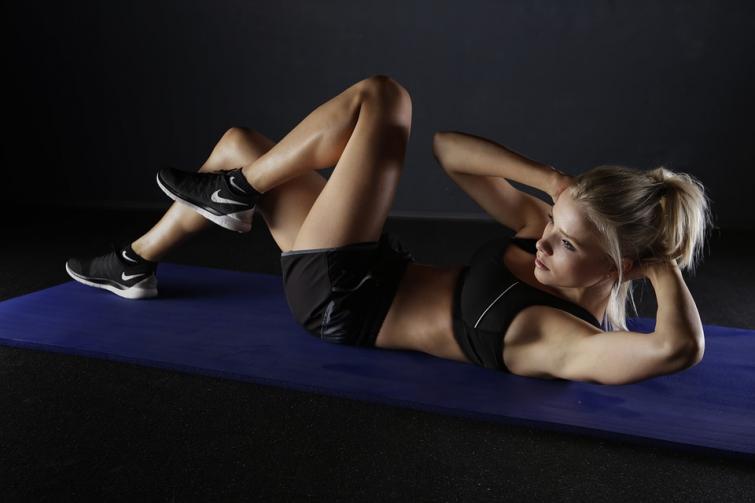December 21, 2025 04:33 pm (IST)

It’s never too late to start exercising: Study
London, Aug 30 (IBNS): Older people who have never taken part in sustained exercise programmes have the same ability to build muscle mass as highly trained master athletes of a similar age.
New research from the University of Birmingham shows that even those who are entirely unaccustomed to exercise can benefit from resistance exercises such as weight training.
In the study, published in Frontiers in Physiology, researchers in the University of Birmingham’s School of Sport and Exercise Science compared muscle-building ability in two groups of older men. The first group were classed as ‘master athletes’ – people in their 70s and 80s who are lifelong exercisers and still competing at top levels in their sport. In the second were healthy individuals of a similar age, who had never participated in structured exercise programmes.
Each participant was given an isotope tracer, in the form of a drink of ‘heavy’ water, and then took part in a single bout of exercise, involving weight training on an exercise machine. The researchers took muscle biopsies from participants in the 48 hour periods just before and just after the exercise, and examined these to look for signs of how the muscles were responding to the exercise. The isotope tracer showed how proteins were developing within the muscle.
The researchers had expected that the master athletes would have an increased ability to build muscle due to their superior levels of fitness over a prolonged period of time. In fact, the results showed that both groups had an equal capacity to build muscle in response to exercise.
“Our study clearly shows that it doesn’t matter if you haven’t been a regular exerciser throughout your life, you can still derive benefit from exercise whenever you start,” says lead researcher, Dr Leigh Breen. “Obviously a long term commitment to good health and exercise is the best approach to achieve whole-body health, but even starting later on in life will help delay age-related frailty and muscle weakness.
“Current public health advice on strength training for older people is often quite vague. What’s needed is more specific guidance on how individuals can improve their muscle strength, even outside of a gym-setting through activities undertaken in their homes – activities such as gardening, walking up and down stairs, or lifting up a shopping bag can all help if undertaken as part of a regular exercise regime.”
Support Our Journalism
We cannot do without you.. your contribution supports unbiased journalism
IBNS is not driven by any ism- not wokeism, not racism, not skewed secularism, not hyper right-wing or left liberal ideals, nor by any hardline religious beliefs or hyper nationalism. We want to serve you good old objective news, as they are. We do not judge or preach. We let people decide for themselves. We only try to present factual and well-sourced news.
Support objective journalism for a small contribution.
Latest Headlines
Game-changing blood test may spot lung cancer before symptoms appear
Fri, Dec 19 2025
One pill instead of many: Combination drugs may simplify high blood pressure treatment, says new study
Wed, Dec 17 2025
Kolkata: CMRI launches eastern India’s first comprehensive Lung Nodule Evaluation and Advanced Management Clinic
Tue, Dec 16 2025
Anti-vaccine myth destroyed! WHO panel confirms no Autism link
Fri, Dec 12 2025







